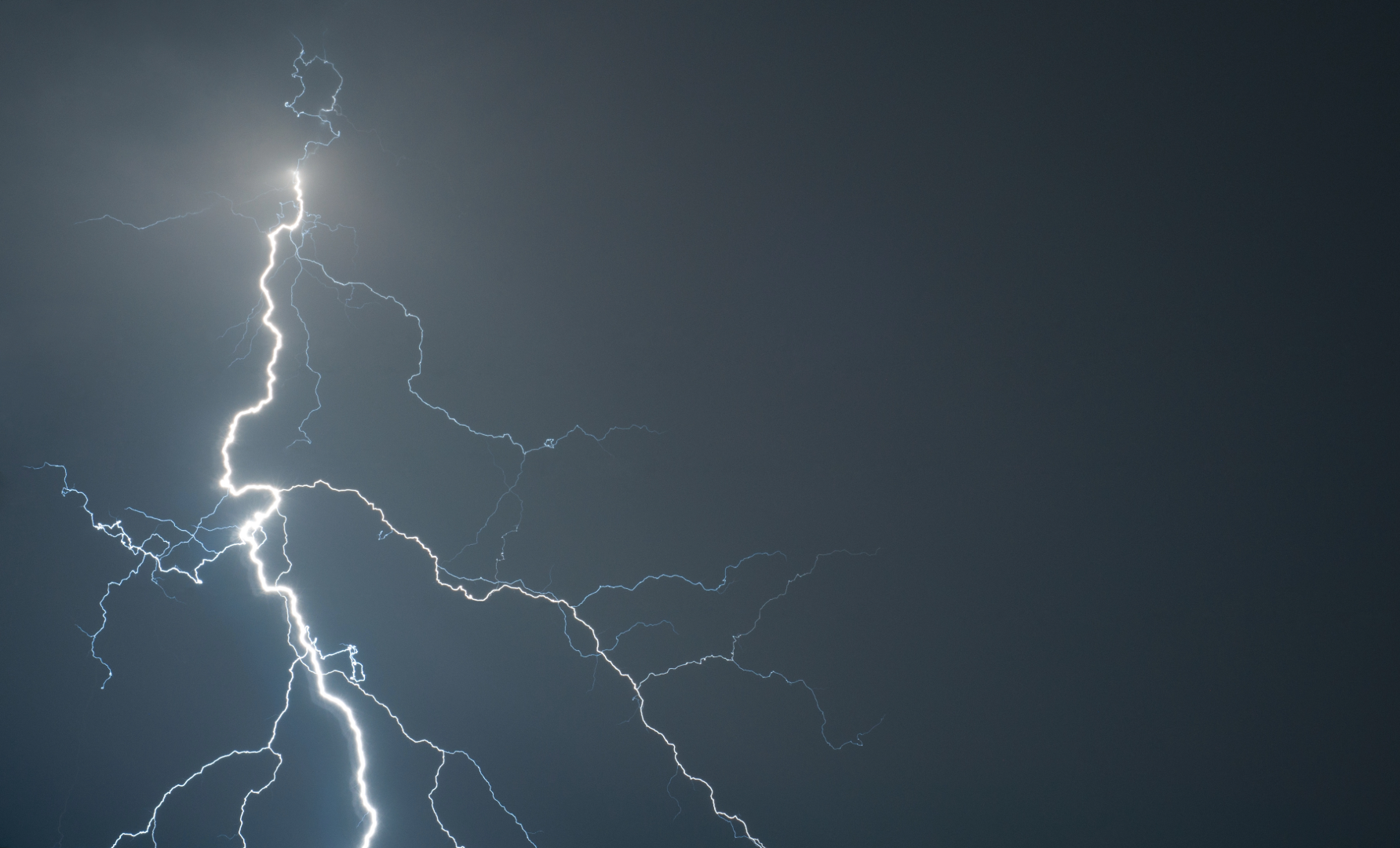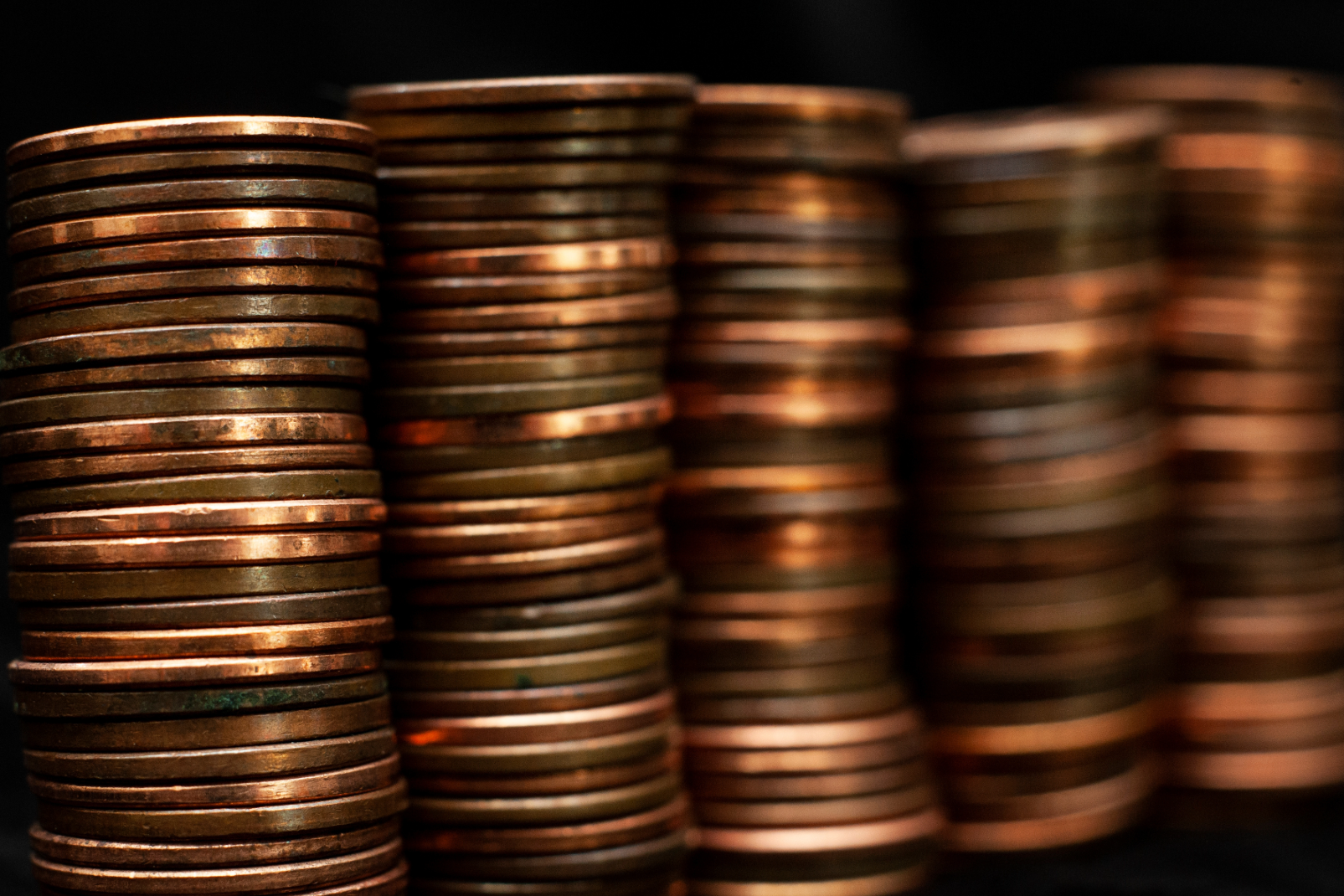What is an Emergency Fund?
It’s important to be ready for unexpected events by having an emergency fund. This can be a savings account where you keep money only for big, unplanned expenses, like if your car breaks down or you lose your job. Think of it as a safety net that keeps you from falling into debt when something goes wrong.
Accessibility
Ideally the emergency fund should be easily accessible, so that you can use it during an emergency. You do not want to have to wait several days to be able to access the cash.
A lot of advisors recommend three to six months of expenses to be saved in an emergency fund.
Personally the £1,000 I have as an emergency fund, has had a huge positive impact on my family’s finances. It is usually enough to deal with the unexpected expenses that come up in life.
For most of my adult life, I did not have an emergency fund, there was no spare cash. I was effectively living month to month, fully dependent on the salary from my employer. There was no room for error. I was stressed and incredibly worried about the fragile state of my family finances. It was intense fear and constant worry.
What if? What if? What if?
So much of my mental energy was spent on trying to think of how we would deal with the emergency at hand or the next one that was bound to come up.
There was no room for anything to go wrong.
Things always go wrong.
These days I have an emergency fund. It started off very small. By small I mean tiny.
Opening the Emergency Fund
I opened my emergency fund with £1. Then each month I added some more money to it. I use a separate bank account, one that I only see by logging into my online bank account. In the UK its easy to open a bank account in a few clicks and without any account fees.
Month by month I added to the fund. Fifty pounds, then more and more as time went by. I still had debt but understood the need to build some breathing space, so that I could plan for, and make calm decisions, should I need to use the fund.
When I reached £1,000, I stopped adding any more money to the account. I then used any spare money on paying down debt.
I keep the account at £1,000. This is the amount that works for me. Sometimes, the emergency fund is a revolving door. In one month and out the next. Sometimes I use it instead of a credit card. I then add money the next month.
Breathing Space
The point of the fund is that it provides the much-needed breathing space. I now have less financial stress. I have increased peace of mind. I can relax a little bit more that I used to.
I am not awake at night, struggling to fall asleep due to the worry, about how I will ever manage the next financial emergency.
All this from £1,000
How Can I Save an Emergency Fund When I do not Have Enough Money to Live on?
For a great many people the thought of an emergency fund seems out of reach and impossible. I can tell you that even £50 in those circumstances can make the biggest difference. Saving just £1 a week will get you more than £50 in a year.
That £50 is the start of your journey to Financial Freedom. £50 can become £100 and can continue to grow and grow by putting in £1 a week.
If you cannot even manage £1 a week do how ever little you can. Everything helps. Look carefully at where you are spending your money. Perhaps you will find some money, (however tiny) to start your emergency fund.
How Does it Feel to Have an Emergency Fund?
There is a sense of relief and security that comes from knowing you will be ok. If your job messes up payroll you have some money to cover the bills until you get paid. If you cannot work for a short period of time you can rely on that money.
You do not have to worry about another unexpected cost that will throw off the family budget. You can say “Yes” to the school trip. You can take the time to decide where your money can go for the highest level of impact.
When I first reached £1,000 in an online savings account the relief was immediate. It felt like a massive achievement. It was Huge. I had spare cash, just in case.
And I used it.
Using the Emergency Fund
In the first few weeks of having an emergency fund I used it to cover a payroll error that meant I was paid a week late. If that had happened before. Even if it had happened just the month prior, I would have struggled. I would not have had the cash in my account to pay for the mortgage or a loan payment that was due on the same date.
What it meant was I did not have to stress about being paid late.
I was not losing sleep over it.
I was not struggling to get a cash transfer from a credit card at a very high rate to cover the shortfall.
It became a financial admin task rather than a life Emergency.
You Can Have an Emergency Fund
Don’t be put off when you hear about how an emergency fund should contain an amount that is huge compared to your current situation.
Save what you can. Put aside the £20, £10, or even £5 and £1. Eventually it adds up. It makes a real difference. Having an emergency fund turns an emergency into a cash flow management task. It moves you from a point of desperation and panic, to a situation of being calm and taking control of your financial situation.
That first £1,000 is a huge step towards a future of financial security and ultimately continuing onto the path of Financial Independence and real peace of mind.
If you don’t have an emergency fund yet, it’s a smart idea to start one today. It might seem tough at first, especially if you’re not used to saving, but it will give you peace of mind and financial security in the long run.
I challenge and encourage you to start your emergency fund today. Do not put it off. Your future self will thank you when you need it the most.
It’s never too early (or too late) to take positive action for your financial future.


